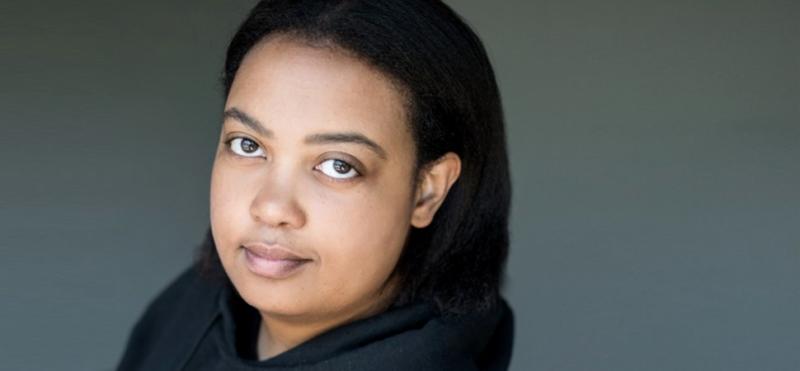Arlan Hamilton isn’t new to supporting underrepresented founders. Whether that means women, people of color or LGBTQ founders, Hamilton (founder of Backstage Capital) and her team have been there. So it comes as no surprise that they were able to bring their “It’s about damn time” fund to life. At the United State of Women Summit, Hamilton announced that Backstage Capital launched a $36 million fund that will invest in black women founders, $1 million at a time.
They’re calling it a “diversity fund.” I’m calling it an IT’S ABOUT DAMN TIME fund.
— Arlan ?? (@ArlanWasHere) May 6, 2018
“This has been in the works for several months,” says Hamilton in an exclusive email to AfroTech. “It had a few iterations, but in the last couple of months, I made the decision that the money would go to funding black women specifically and $1 million at a time, specifically. It was very intentional and something that … I knew would probably get pushback from some people, but I have the greatest conviction around it. There’s a lot that goes into raising a fund of this size when you’ve had less than $5 million under management as a new fund manager, but I was up for the challenge.”
Before the year is up, Backstage Capital will be investing in two to three companies, the first of which should be announced in June or July. The remaining investments should be announced throughout the fall.
Following the announcement of the companies receiving funding this year, Hamilton said she anticipates funding about five to six companies in 2019.
In an industry that still sees an underrepresentation of black women, a fund like this is incredibly important. The fund will focus in on a population that has largely been ignored — only 0.2% of venture capital funding goes to black women.
“There have been daily challenges,” says Hamilton. “And when you’re attempting to do something like this that is breaking new ground, most of it has been in changing the hearts and minds of people who have been working in an industry for years and decades and getting them to see the light.”
Backstage Capital will remain industry and regionally agnostic when evaluating the thousands of companies they anticipate seeing this year, open to any industry and any field as long as they’re led by black women founders.
One piece of advice that Arlan shared about knowing whether taking venture capital money is right for your company or not is to understand that you are essentially taking on new partners in your company and that you’re giving away equity that you start out with.
“My advice would be to first see if you could do it on your own, if you can bootstrap,” she says. “If you can find some friendly checks (which isn’t always easy, obviously, but sometimes it’s available), if you can generate revenue, if you can make money from your company without needing to raise. There have been several companies that have done that to great success. They never raised a penny of venture capital, and they’ve gone on to do amazing things. So it’s important to really decide if this is right for you, to really do your homework, to listen to other founders who have gone through it, to really have a strong grasp of what you’re getting yourself into. It’s not for everyone, and it’s a serious matter.”
And although this fund will no doubt change lives and help change the landscape of tech, Hamilton knows there is so much more work to be done.
.@ArlanWasHere speaking at #BloombergEquality!
“While launching the $36m fund investing $1m at a time in Black women is groundbreaking & history, it’s still not enough. We need others investing alongside us.” pic.twitter.com/0sDeQgZ9yL
— Chacho (@chachovaladez) May 8, 2018
“We are no longer accepting the scraps at the end of the dinner table in venture capital and beyond as black women,” says Hamilton. “We asked nicely, and now it’s our turn.”

